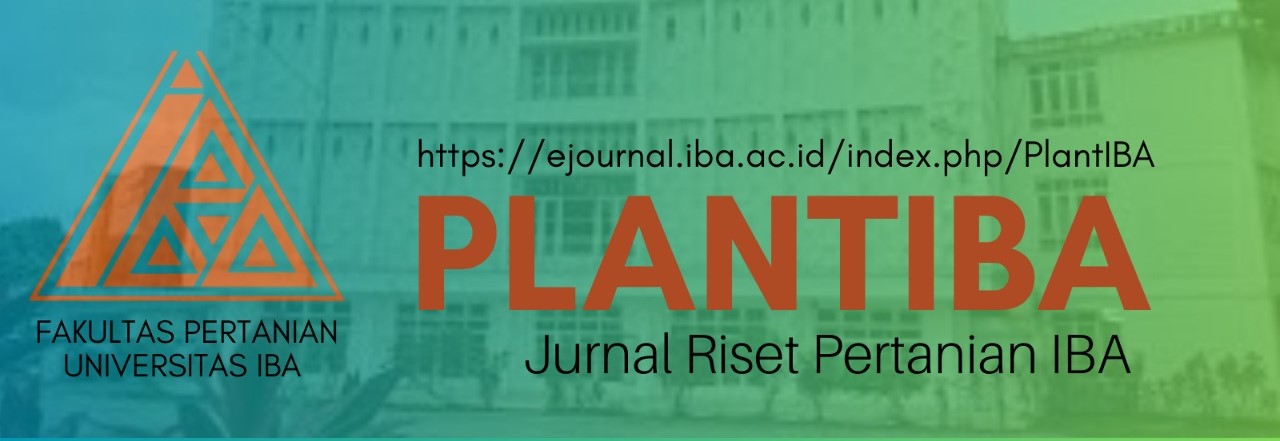| ..:: MENU ::.. |
| Focus And Scope |
| Publication Ethics |
| Editorial Team |
| Reviewer Team |
| Peer Review Policy |
| Publication Fees |
| Plagiarism Policy |
| Copyright Notice |
| History |
| Contact Us |
| ..:: TOOLS ::.. |

Plagiarism Policy
This journal maintains a strict plagiarism policy to uphold scientific integrity and publication quality. We expect authors to adhere to academic ethical guidelines in all submitted works and to ensure that the works submitted are original and do not infringe upon the intellectual property rights of others.
We are committed to maintaining transparency and high quality in every publication, ensuring that all contributions published reflect originality and academic honesty.
| ..:: MENU ::.. |
| Focus And Scope |
| Publication Ethics |
| Editorial Team |
| Reviewer Team |
| Peer Review Policy |
| Publication Fees |
| Plagiarism Policy |
| Copyright Notice |
| History |
| Contact Us |
| ..:: TOOLS ::.. |
| ..:: DOWNLOAD TEMPLATE ::.. |
